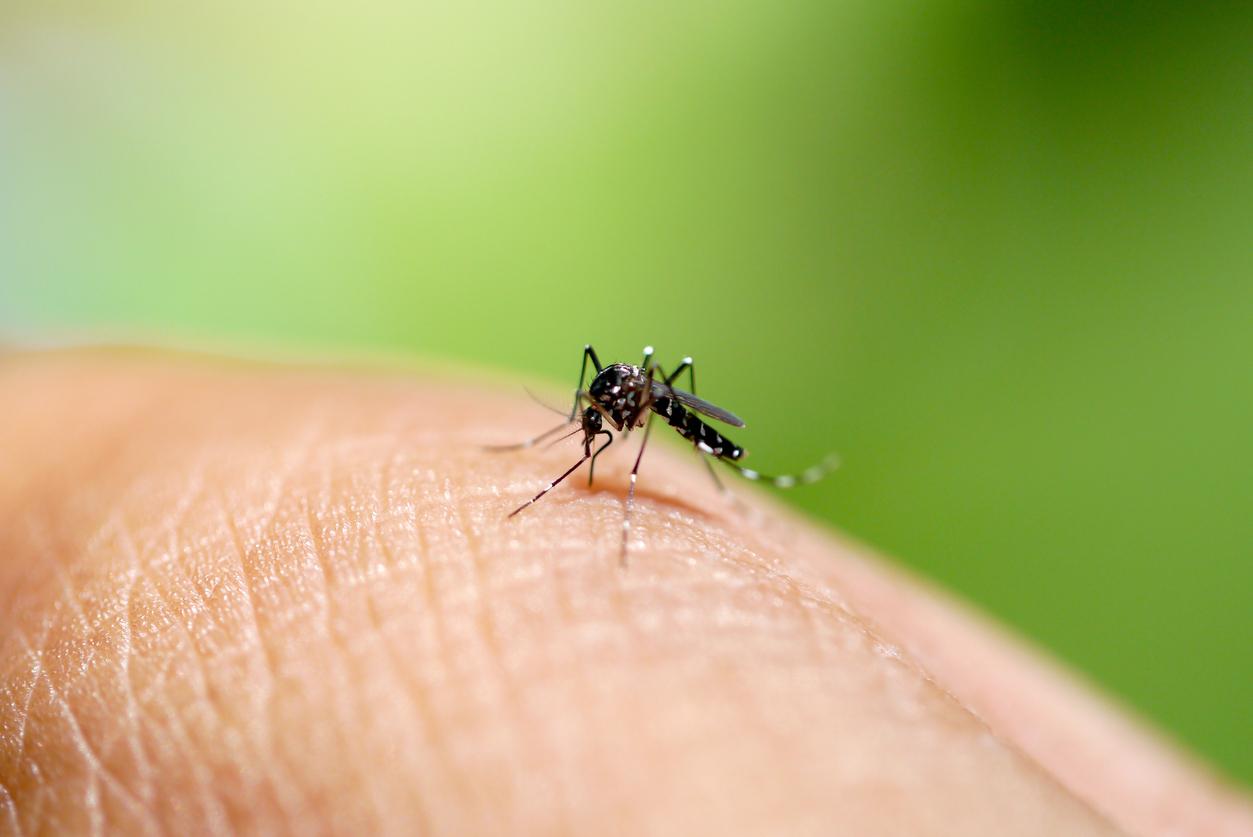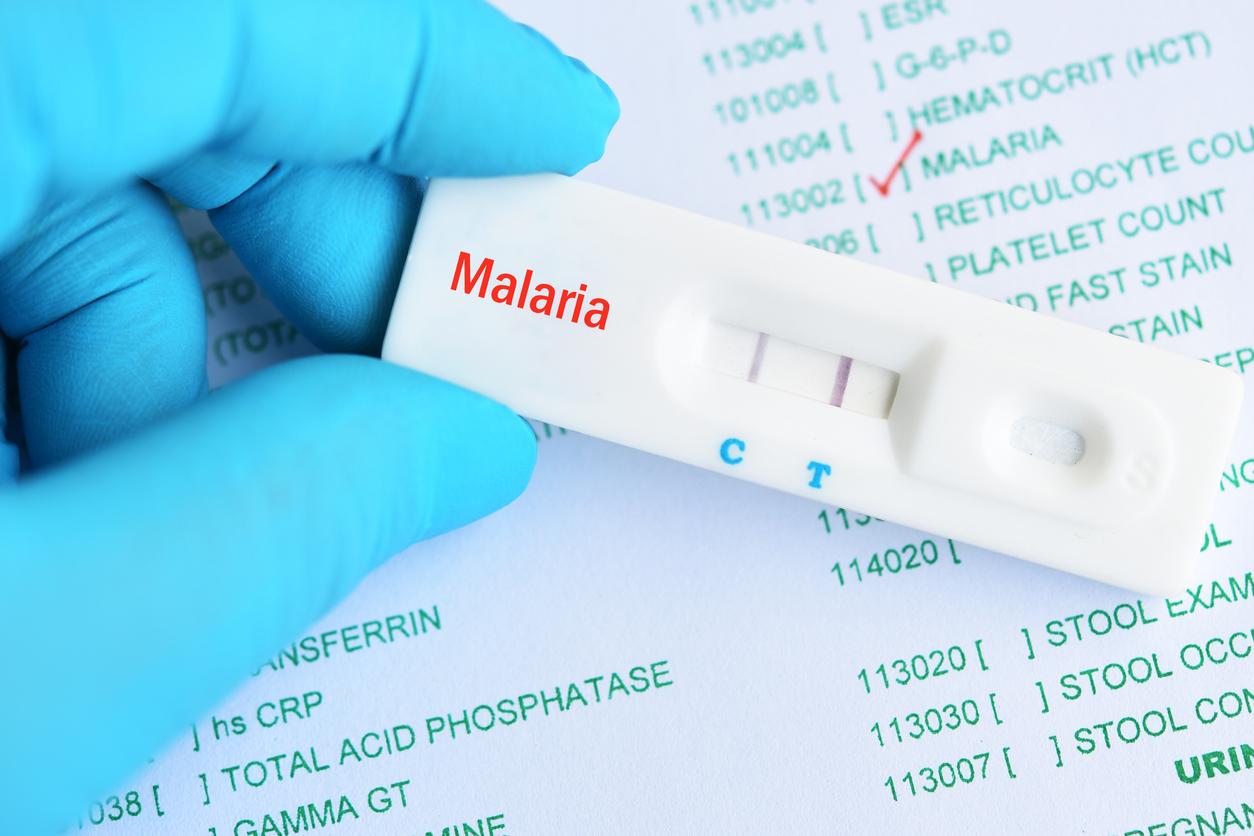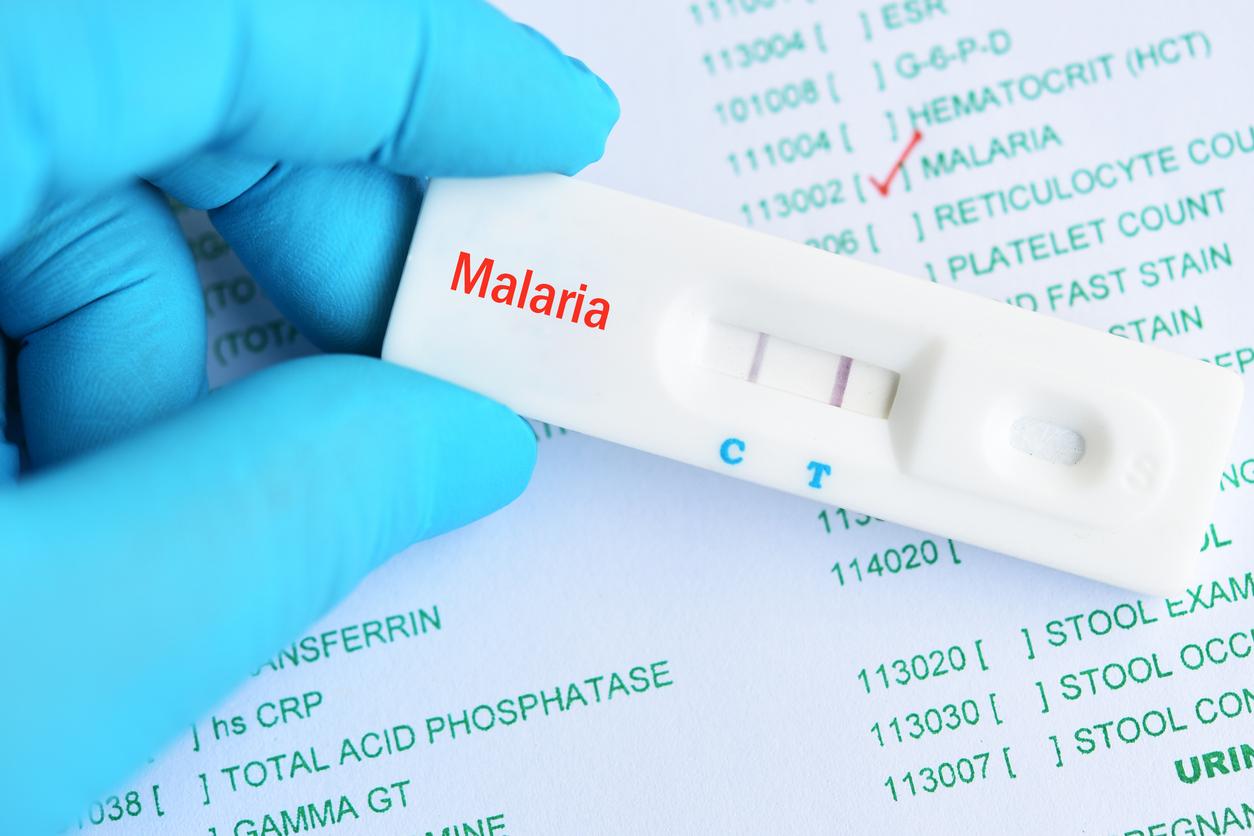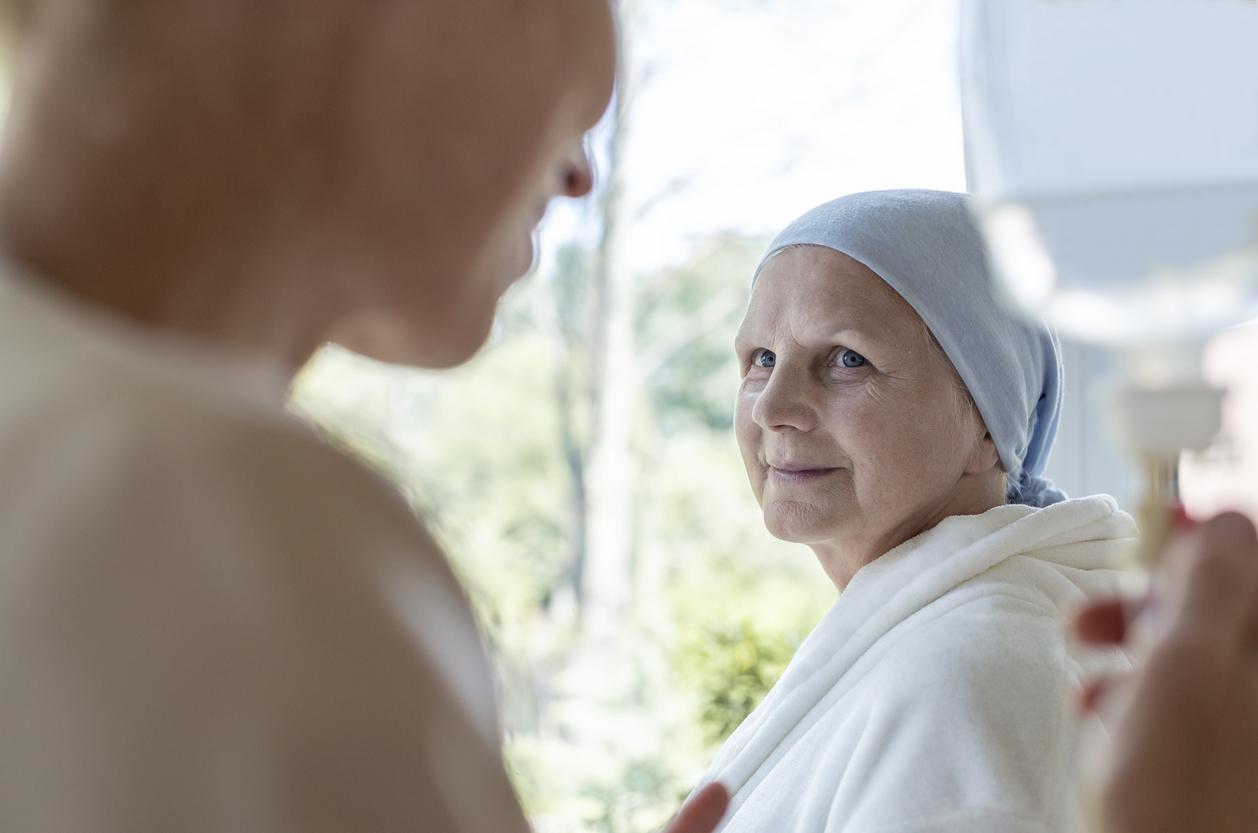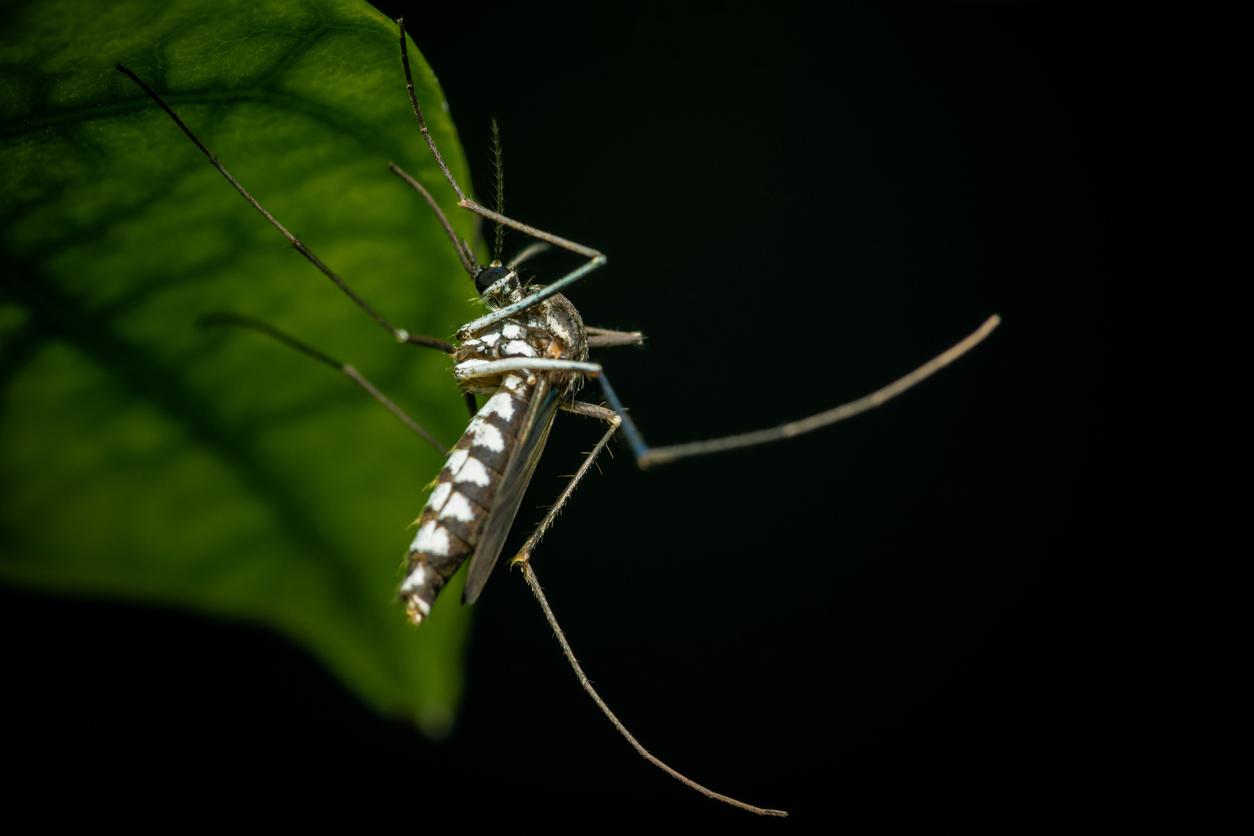the malaria is a disease caused by parasites transmitted by mosquitoes, which is currently rife in the Central African Republic, and particularly in the north of the country. In the city of Batangafo alone, 40,000 people have been affected by malaria since the beginning of 2015. The disease has become the leading cause of death among children under five.
To deal with this scourge, the non-governmental organization (NGO) Médecins sans frontières (MSF) has decided to act. Pending a hypothetical vaccine, the NGO has decided to deploy Intermittent Preventive and Presumptive Treatment (IPPT) in three towns in the country: Batangafo, Kabo and Ndélé. It is a treatment based on a molecule called dihydroartemisinin-piperaquine (DHA/PG), approved by the World Health Organization.
At the beginning of August and for three days, MSF health workers based in Batangafo high school administered this innovative treatment to nearly 7,000 children. Initially, each child received a tablet to swallow. Then three other doses were entrusted to mothers, who will have to administer it to their children in early September.
“This molecule will both treat malaria and prevent it. It remains in the blood for a period of 3 to 4 weeks”, explains Patrick Irengue, MSF project referent, quoted by the Africa edition of the newspaper Le Monde. Although the process has already been tested in Niger in 2014, this is the first time that the DHA/PQ molecule has been used.
A drop in mortality ranging from 50 to 80%
And the results are final, enough to comfort MSF in its decision. According to Patrick Irengue, “they show a reduction ranging from 50 to 80% in the mortality rate followed by a drop in consultations and admissions for cases of malaria. However, this treatment campaign was difficult to set up, because the reluctance of the population is great with regard to health personnel. According to Le Monde, some women have struggled to understand the benefit of this treatment for their child. Others even hide their children when they see the MSF association arrive.
The city also bears heavy scars from the 2014 “Battle of Batangafo”, which destroyed public and administrative buildings. The village high school was deserted. Muslim rebels from the former Séléka coalition also came to undermine the NGO’s treatment campaign, injuring a Christian trader and forcing United Nations blue helmets to intervene. All this violence hinders humanitarian action and access to health services, which contributes to the expansion of the malaria epidemic.
Read also :
Malaria, tuberculosis: the threat of fake drugs
Malaria: more than 100 billion to put an end to it
Malaria: a Chinese plant to overcome the disease








